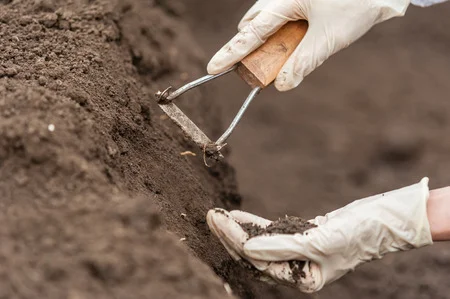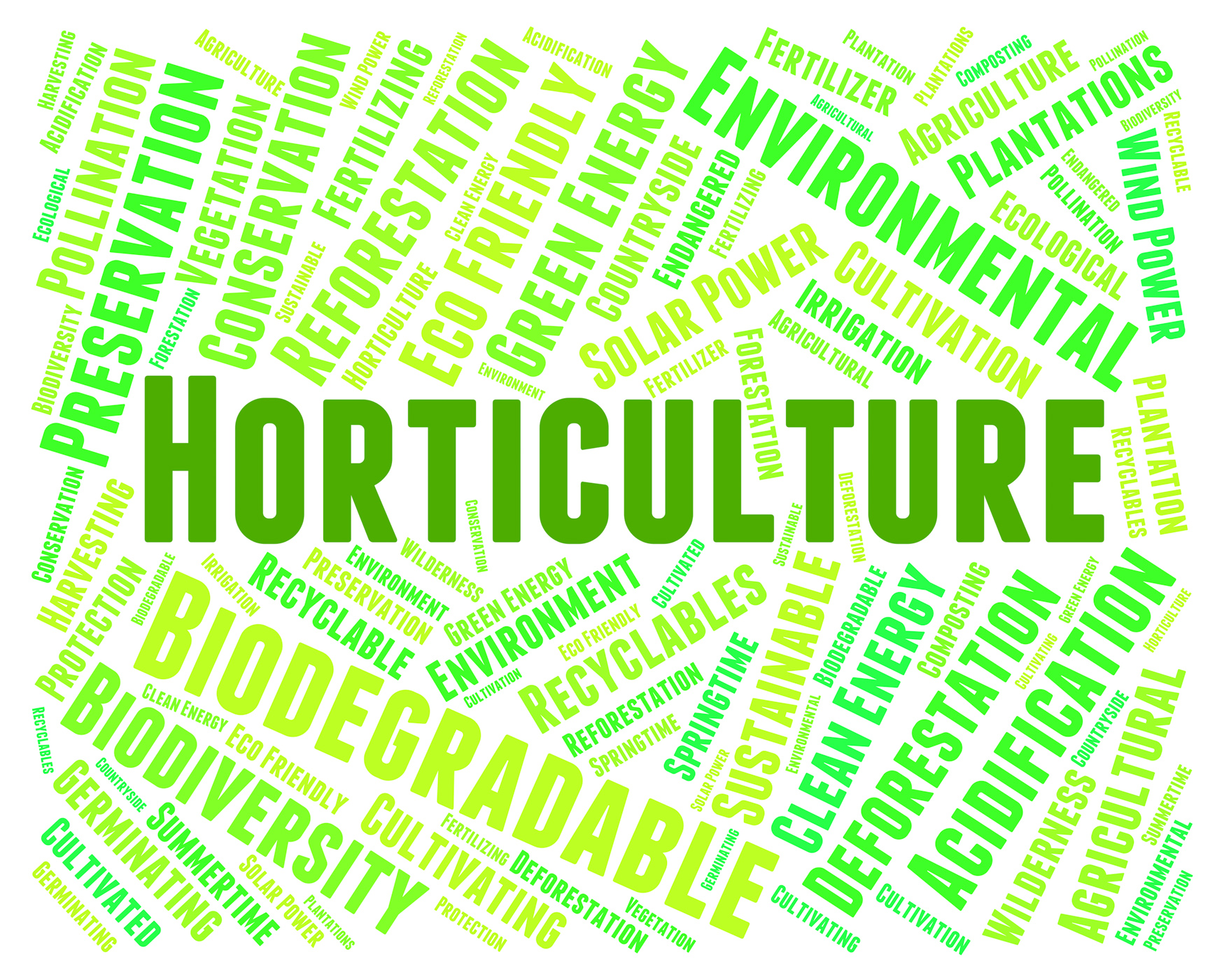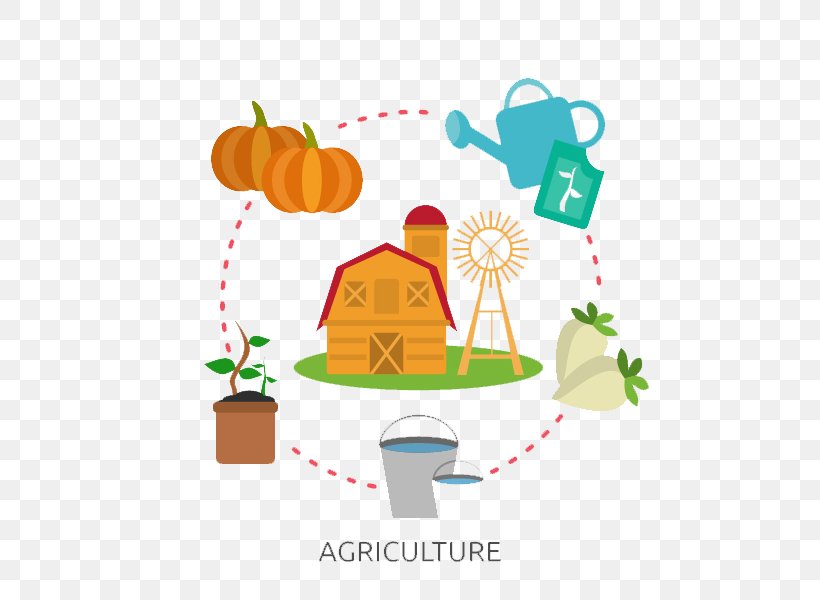Mon-Sat 9am-7pm





Many of us may think that horticulturalists are the people working only in garden centers, however, the field of horticulture is actually quite vast, with a wide range of potential career paths. Horticulture is the mainstream of agriculture that deals with the cultivation of plants, vegetables, fruits, flowers, herbs, ornamental trees, maintaining nurseries, gardens, orchards, and plantations. It is an extremely diversified field with nearly unlimited career opportunities in a variety of job settings. Horticulturalists work with plants and apply their knowledge to fruits, vegetables, ornamentals, and non-food crops to maximize their health or growth.
Horticulturalists can find jobs as farming specialists in vineyards, agriculture estates, and fruit orchards. The major job of a horticulturist is to assess forests and bush for rehabilitation and data gathering, harvest seeds and cultivate young trees and plants, collect field and control samples of roots, green matter and yields for analysis, measure forest and agricultural metrics on an ongoing basis, create and maintain onsite and offsite resources like nurseries, young forest sites, seeding, planting, greenhouse, process horticultural specimens and also work in remote locations in all weather conditions.
Eligibility to become Horticulturist
Many horticulturists major in horticulture, botany, or biology. The career path of a horticulturist generally includes botany, plant biology, soil science, pest management, and genetics. To become a horticulturist, one must attain the minimum academic benchmark as well as related experience.

The field of horticulture holds ample scope. Horticulturists can find jobs in institutes of horticulture, in plantations, vegetable farms as well as fruit groves. Advancement in horticultural technology, increasing product demands, and a growing export industry make this an extremely lucrative career option. Following are some of the job profiles if one wishes to pursue a career as a horticulturist:
Floriculturist: A floriculturist focuses on the cultivation of flowering and ornamental plants for gardens, the floral industry, and for export. He/she propagates, grows, and markets all cut flowers, flower seeds, and seedlings.
Olericulturist: An Olericulturist deals with the production, storage, processing, and marketing of vegetables. Olericulturist can start their career in industry, research institutes, universities, and other organizations at various levels.
Pomologists: They study the cultivation of edible nuts and fruits, including pears, oranges, strawberries, walnuts, and almonds. They are responsible for cultivating new fruits and nuts, as well as maximizing the production of existing varieties.
Horticultural Technician: Horticultural technician grows and sustains plants that can be used for food, medicine, education, or decoration. The job includes fertilizing, planting, watering, pruning, and transplanting plants as well as diagnosing and treating plant diseases.
Horticultural Supervisor: He/she is responsible for overseeing the cultivation and planting of different types of crops, plants, shrubs, and turf. They also inspect plants for damage and diseases, which can help to determine potential landscaping problems.
Horticulture Manager: The horticulture Manager is a hands-on leader, who actively works in the daily horticultural tasks in the exterior gardens and greenhouses. He/she establishes and maintains high horticultural standards and practices and provides direction, training, and motivation for the horticultural staff.
Horticulture Consultant: Horticulture consultant gives advice to farmers about crop choices, soil usage, and fertilizer options. The job is to successfully cultivate and achieve higher yields while meeting a business’s financial objectives.
Ornamental Horticulturist: He/she works with plants used in decoration or recreation, which is mostly done at a nursery, floral shop, or landscaping company.
Path 1: 12th-Physics,Chemistry,Maths
UG-B.Tech
PG-M.Tech
Path 2: 12th-Physics,Chemistry,Biology
UG-BSc in Horticulture (Agriculture)
PG-MSc in Horticulture (Agriculture)
Path 3: 12th-Physics, Chemistry, Biology
UG-BSc in Horticulture (Agriculture)
Horticulturist
There are a lot of students who choose to pursue horticulture studies in India. In terms of employment opportunities, horticulturist has a lot of scopes since it deals with agriculture and plant breeding. Therefore, the job opportunities for horticulturists in both public and private enterprises are immense. Some of the top sectors where a horticulturist can work are listed below:
A horticulturist can be paid lucratively as the industry is growing rapidly and there is a great need for good quality plants, flowers, fruits. Although both the private and public sectors offer a good remuneration to their employees, the salary of a horticulturist in the private sector is more as compared to the public sector. A horticulturist gets a handsome salary apart from other benefits as fixed by the respective firm/company. As a fresher in this field, one can earn Rs. 1.8 to Rs. 2.5 lacs per annum. However, after gaining experience, one can expect a subsequent hike in the pay package.

Call us at +91 9205084085, Monday - Friday, 9 am - 7 pm


